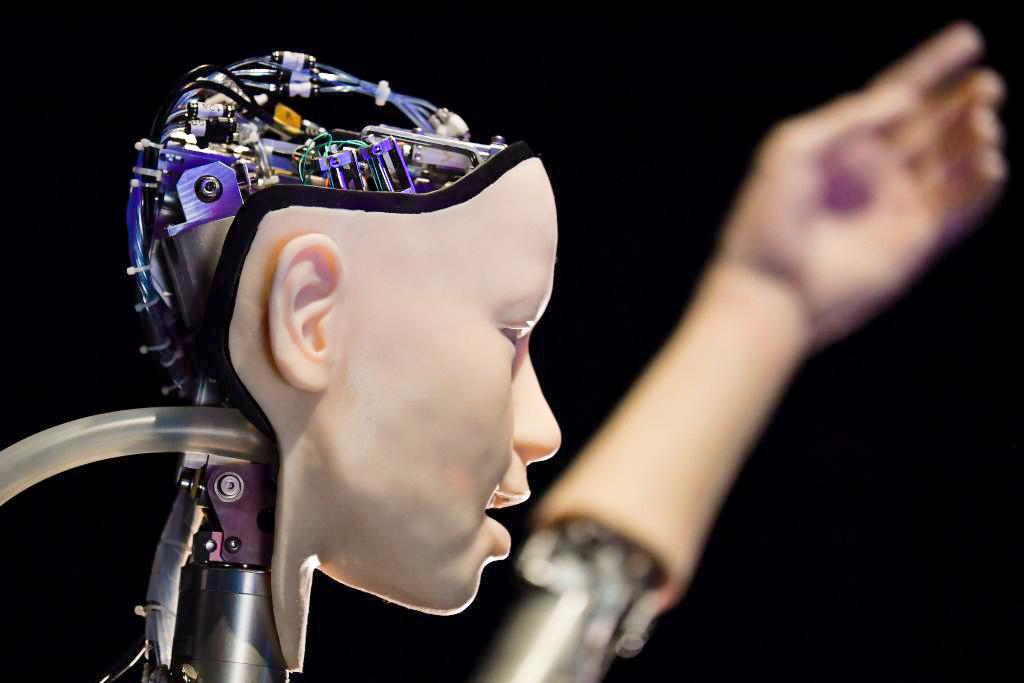Artificial intelligence (AI) could evolve to kill “many humans” in two years’ time, unless properly controlled and regulated, a government tech adviser has warned.
The near-term risks posed by AI are “pretty scary,” said the prime minister’s adviser Matt Clifford, speaking to TalkTV on Monday. AI could be used to create biological weapons or launch large-scale cyberattacks, Clifford said, with the long-term risk of creating a new species surpassing human intelligence.





